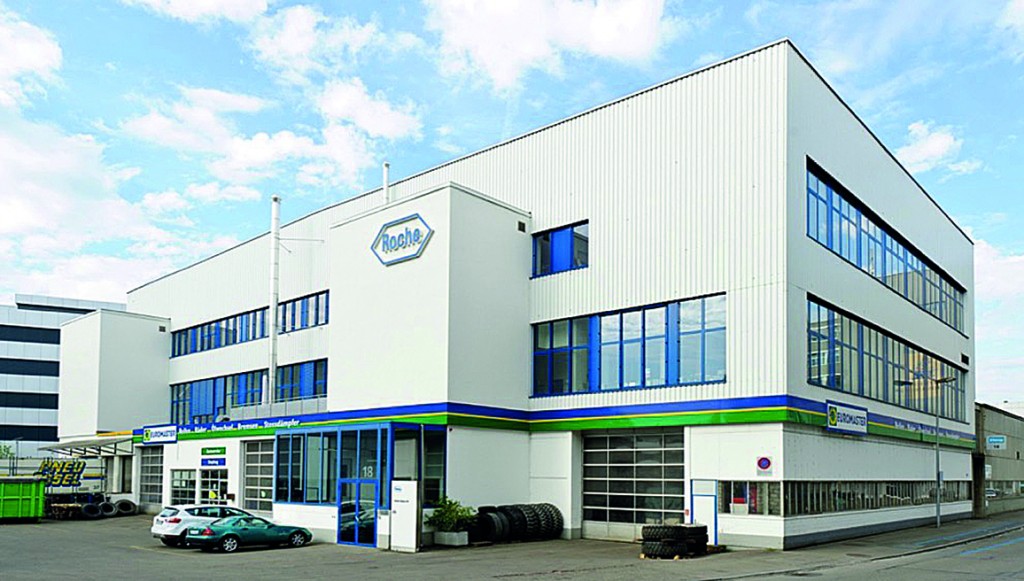The Schlieren-based company has been an integral part of Roche Pharmaceutical Research and Early Development since 2005 and is a pioneer in antibody engineering in cancer immunotherapy. Its antibody glycosylation technology increases immune-mediated killing of cancer cells and builds the basis for improved cancer medicines.
Glycart Biotechnology was founded in 2001 as a spin-off from the ETH Zürich. Its founders had big ambitions, but little did they noticed just how quickly the business would rise up through the ranks. A successful, independent Swiss biotech company, it was eventually acquired by Roche in July 2005 for CHF 235 million.
The acquisition of Glycart by Roche secured ‘big pharma’ access to the biotech’s innovative proprietary GlycoMAb technology and to its Glyco-MAb-enhanced drug candidates, in particular GA101. GlycoMAb is a fully developed platform to modify the carbohydrate component (glyco-engineer) of therapeutic antibodies increasing their biological activity. GA101 (now known as obinutuzumab, GAZYVA, GAZYVARO) is a 3rd generation, humanized and glycoengineered type II CD20 antibody. Since 2005, Roche Glycart has made considerable progress. It first worked with Roche, Genentech and Chugai Pharmaceuticals for the clinical development of GAZYVA, which became in 2013 the first ever drug granted approval by the FDA under the Breakthrough Therapy designation regime.
Now 14 years later, Roche Glycart has grown within the Roche Group increasing its number of employees from 29 to over 180, all based in Schlieren-Zürich, where it has become the Roche Innovation Center Zurich (RICZ), part of the Pharma Research & Early Development (pRED) organization of Roche. RICZ is a Roche center of excellence for cancer immunotherapy and protein engineering R&D, with numerous new drug candidates in clinical development, including Roche's new generation of T-cell bispecific antibodies and targeted immunomodulators.
Award
- Nominated in 2018
- Winner in 2019
